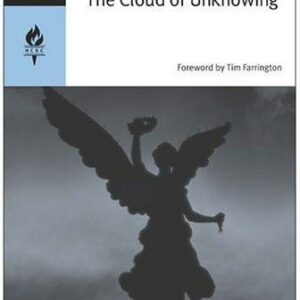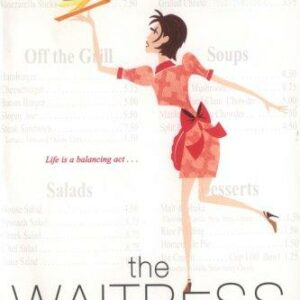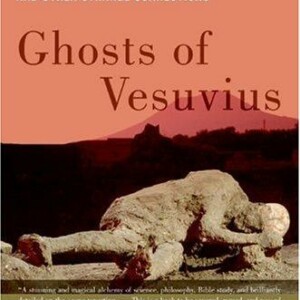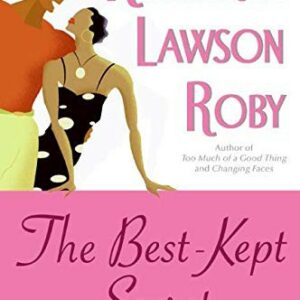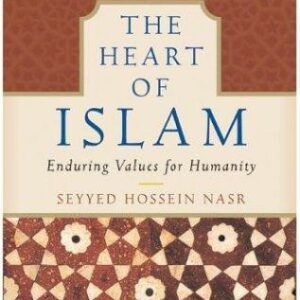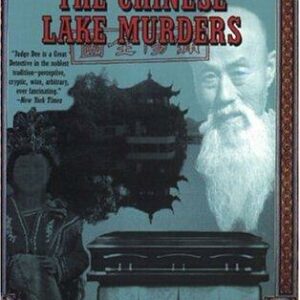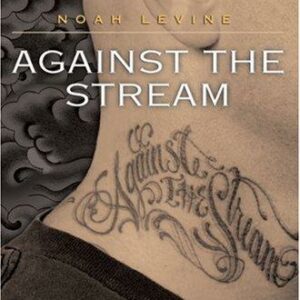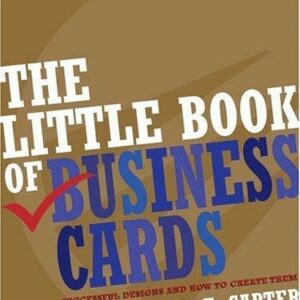Bound Feet & Western Dress
$16.95
| Title | Range | Discount |
|---|---|---|
| Trade Discount | 5 + | 25% |
- Description
- Additional information
Description
A harrowing dual memoir that braids the story of a Chinese-American woman’s search for identity with the dramatic tale of her great-aunt, who was born at the turn of the century in tradition-bound China and went on to become Vice President of China’s first women’s bank.
“In China, a woman is nothing.”
Thus begins the saga of a woman born at the turn of the century to a well-to-do, highly respected Chinese family, a woman who continually defied the expectations of her family and the traditions of her culture. Growing up in the perilous years between the fall of the last emperor and the Communist Revolution, Chang Yu-i’s life is marked by a series of rebellions: her refusal as a child to let her mother bind her feet, her scandalous divorce, and her rise to Vice President of China’s first women’s bank in her later years.
In the alternating voices of two generations, this literary debut brings together a deeply textured portrait of a woman’s life in China with the very American story of Yu-i’s brilliant and assimilated grandniece, struggling with her own search for identity and belonging. Written in pitch-perfect prose and alive with detail, Bound Feet and Western Dress is the story of independent women struggling to emerge from centuries of customs and duty.”A gripping, candid, dual memoir that relates the stories of great-aunt and great-niece andtheir individual struggle to reconcile Chinese tradition and modern Western ideas.” —South China Morning PostPANG-MEI NATASHA CHANG was raised in Connecticut. She received her B.A. in Chinese Studies from Harvard and a J.D. degree from Columbia University School of Law. She practiced law in New York City before moving to Moscow, where she currently resides with her husband. Bound Feet and Western Dress is her first book.
1. In Yu-i’s family, each child was assigned a role from the start, so that a child was often limited (or given opportunities) on the basis of his or her name. For instance, "Yu" means goodness, and "i" means propriety. Did Yu-i live up to her name? Did your name play a part in making you who you are?
2. Pang-Mei tells the story in Yu-i’s voice, after introducing each chapter with anecdotes from her own childhood or young adult life. Does this choice limit our understanding of either Pang-Mei or Yu-i? Did you want more or less of either woman’s story?
3. Yu-i believes that her family’s misfortune made them strong, a common theme in many immigrants’ stories. Does the struggle always mean something? Or is the need to believe in its importance a form of self-protection?
4. As a girl, Pang-Mei felt safest within her Chinese heritage when she was with Xu Ma, her amah. Do the children of immigrants, with a foot in each culture, bear the brunt of their parents’ decision to leave home?
5. How did family secrets harm the Chang family throughout its history?
6. Food often provides more than sustenance in Yu-i’s story. Discuss its importance.
7. Did Yu-i believe the legends and myths and rules that decreed that girls were not as valuable as boys?
8. Yu-i’s modesty is forceful–everything about her is understated. Do you think she knew how strong, smart, compassionate, and wise she was?
9. Yu-i describes a few incidents in which her family was not above bending the truth. Is there a contradiction between these actions and the Changs’ deep-rooted belief in responsibility, familial duty, and personal integrity?
10. Yu-i has conflicting feelings about her "big" feet, saying for instance, "…they could not make me educated. Nor could they make my husband care for me." Yet she also states unequivocally that she would never bind a daughter’s feet. Discuss the ways Yu-i was bound to tradition.
11. In China, up until ninety years ago, they bound young girls’ feet. In America today, young girls inflict serious physical damage upon themselves by starving or bingepurging as they try to meet unrealistic standards of physical beauty. Discuss the physical price women pay because of gender. Do men pay such a price?
12. Much of Hsuuml; Chih-mo’s treatment of Yu-i can be explained based on Chinese culture. Does this explanation excuse him? Or does a higher universal morality demand that people rise above "acceptable" standards of behavior in the times and culture they are born into?
13. Many artists, writers, performers, composers, and poets have been accused of being selfish, obsessive, irresponsible, even immoral–think of Rilke, Gaugin, and Wagner. Should we separate the person from the work he or she creates? Or is, to paraphrase Emerson, character more important than intellect?
14. Ultimately, Yu-i says, she loved Hsü Chih-mo. Do you believe her?
15. Discuss the different silences in Yu-i’s life. Is the silence always oppressive?
16. Was Hsü Chih-mo’s remorse at Peter’s death a pose? If not, does it excuse his earlier irresponsibility toward his son?
17. Yu-i says she never believed the gossip that Lao Ye and Lao Taitai loved her more than they loved their son, Hsü Chih-mo. She excuses them by saying they "just did not understand Hsü Chih-mo." Do you agree? Or did they see their son’s character clearly?
18. Did the act of talking to Pang-Mei bring Yu-i to a new level of understanding her life, making her, in a sense, more modern, less traditional? Did the means become an end?
19. Pang-Mei wears two dresses at her wedding, wanting to incorporate her heritage with her modern life and American husband. On the basis of her family story, do you think she’ll be successful?
US
Additional information
| Weight | 7.6 oz |
|---|---|
| Dimensions | 0.5500 × 5.2000 × 7.9700 in |
| Imprint | |
| Format | |
| ISBN-13 | |
| ISBN-10 | |
| Author | |
| Audience | |
| BISAC | |
| Subjects | gifts for history buffs, biographies, memoirs, books for women, autobiographies, chinese history, biographies of famous people, sociology books, history gifts, history of china, science books, historical books, inspirational books for women, historical biographies, cultural anthropology, human evolution, social engineering, westerns, gifts for grandfather, Chinese, anthropology, HIS008000, china, women, feminism, science, biography, Sociology, history, evolution, asian, asia, SOC008000, history books, world history, autobiography, women in history |


